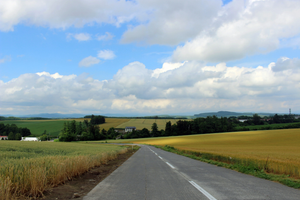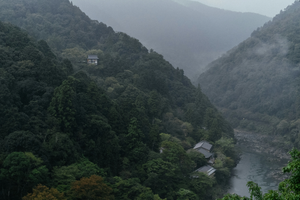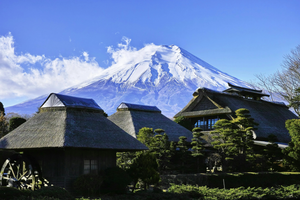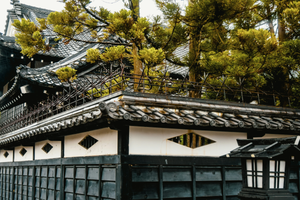Rural Rhythms: Unplugging with Tottori's Folk Culture

Picture this: You're strolling down a serene country road in Tottori, a prefecture where time seems to tiptoe rather than dash. With vibrant green rice fields stretching into the horizon and the melodious chirping of crickets serenading you, there's no phone buzzing in your pocket, no emails pinging from a mile away. Instead, what awaits you is an enchanting symphony of rural rhythms inviting you to discover Tottori's authentic folk culture.
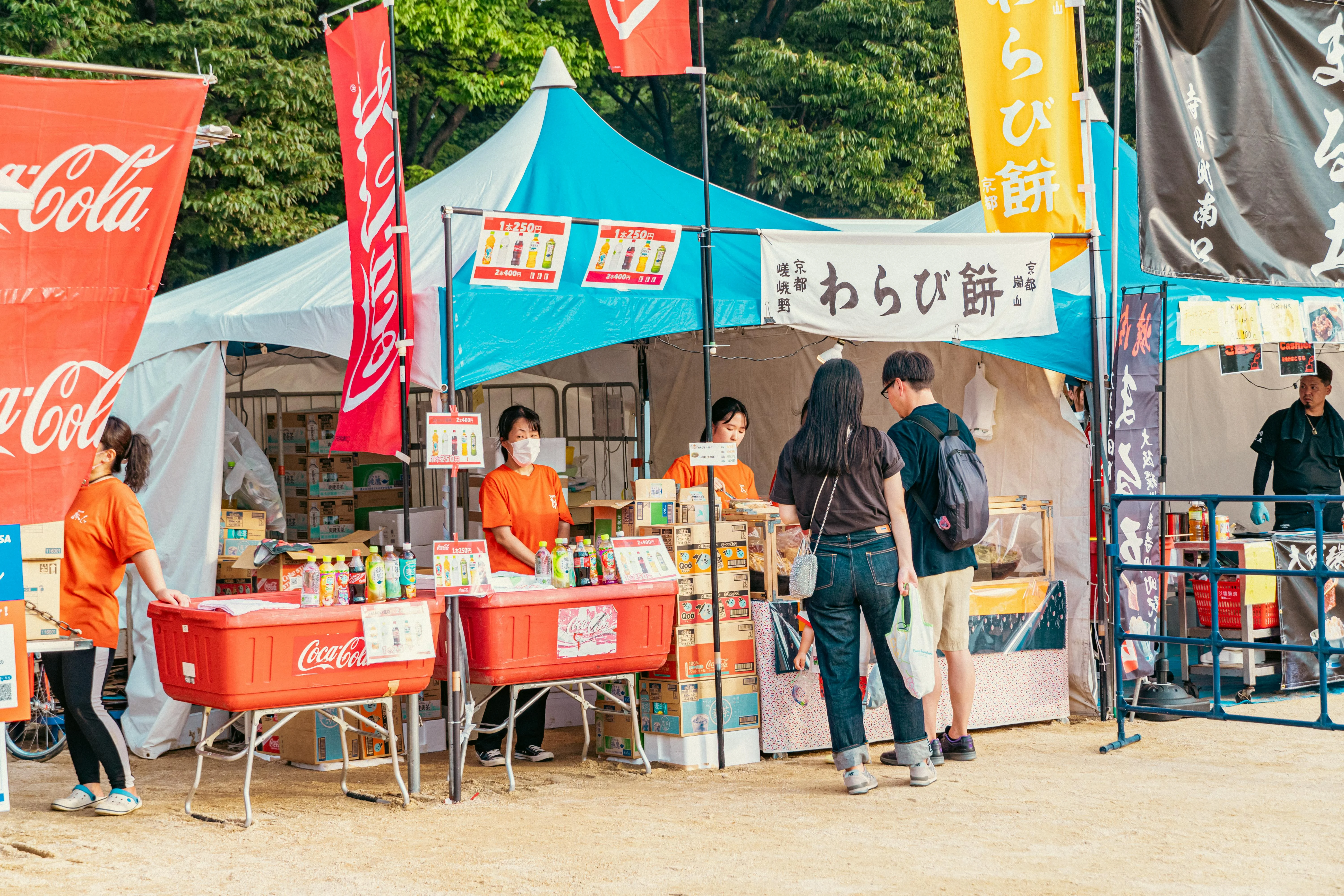
The Charm of Tottori: Where Tradition Meets Tranquility
Nestled in Japan's Chugoku region, Tottori remains somewhat of an unsung hero. Unlike its bustling counterparts, Tottori's charm lies in its commitment to preserving ancient traditions. For the weary traveler seeking to unplug in rural rhythms, Tottori offers more than a respite—it provides a vibrant dance of culture, heritage, and unwavering authenticity.
The Melodies of Matsuri: Festivals that Speak Volumes
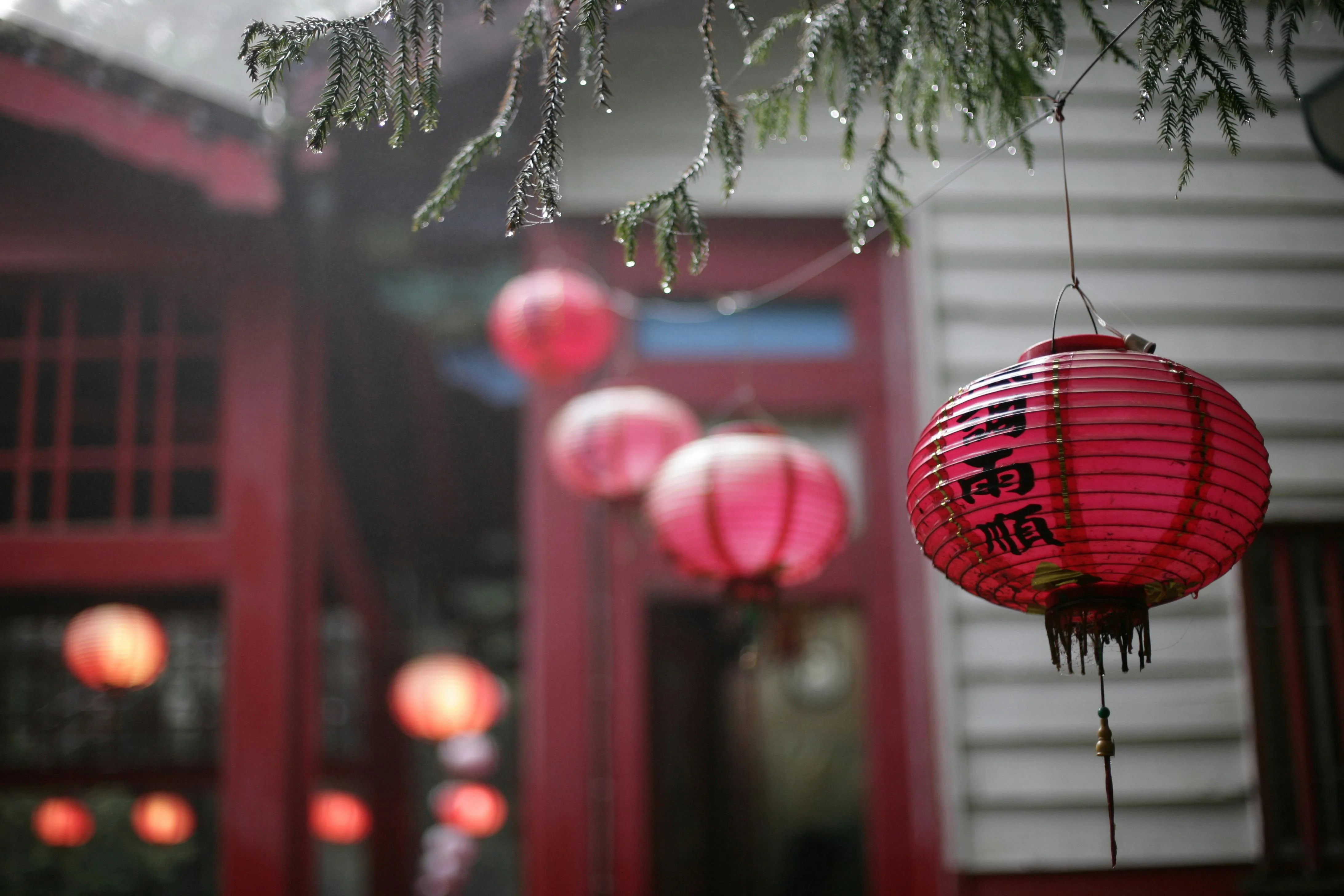
Reviving Traditions through Handicrafts
What's a culture without its artisans? In Tottori, craftsmanship is not just a practice—it's an heirloom handed down through the ages. The sand dunes may define the region's geography, but it's the craft of Inshu Washi (Tottori's traditional paper) that defines its cultural canvas. Create it, hold it, fold it. Tottori's delicate paper invites you to embrace a simpler, tactile pace of life. And if you're feeling adventurous, how about a pottery class? You'll be shaping your own little pieces of Tottori, ready to take home as souvenirs that whisper stories back to you.
Gastronomic Revelations: The Taste of Tradition

Meet the Locals: Guardians of Heritage
Here's an unvarnished truth: the folks of Tottori are the true gems. Friendly, spirited, and genuinely welcoming, they hold the stories of their ancestors while crafting new ones with each passerby they meet. Engage in a spirited shmooze with them, and you'll realize you've found storytellers who spin cultural anecdotes into fine tapestries that brighten your travel diaries.
Conclusion: Tottori's Lullaby to the Weary Soul
Ready to unplug yet? Imagine days spent tracing folklore with your senses, evenings echoing with the laughter of festivals, and the undeniable relief found in letting go of urban chaos. Tottori writes a lullaby to the weary soul, inviting you to sway gently with its rural rhythms and partake in a folk culture that is incredibly vibrant and disarmingly genuine.
The invitation is there, woven in every festival dance, crafted in every piece of pottery, and spoken with the warmth of the quintessential Tottori smile. A smile that tells you, "Welcome. Stay awhile with us." What are you waiting for? Tottori's folk culture is one unplugged experience you'll cherish indefinitely.


